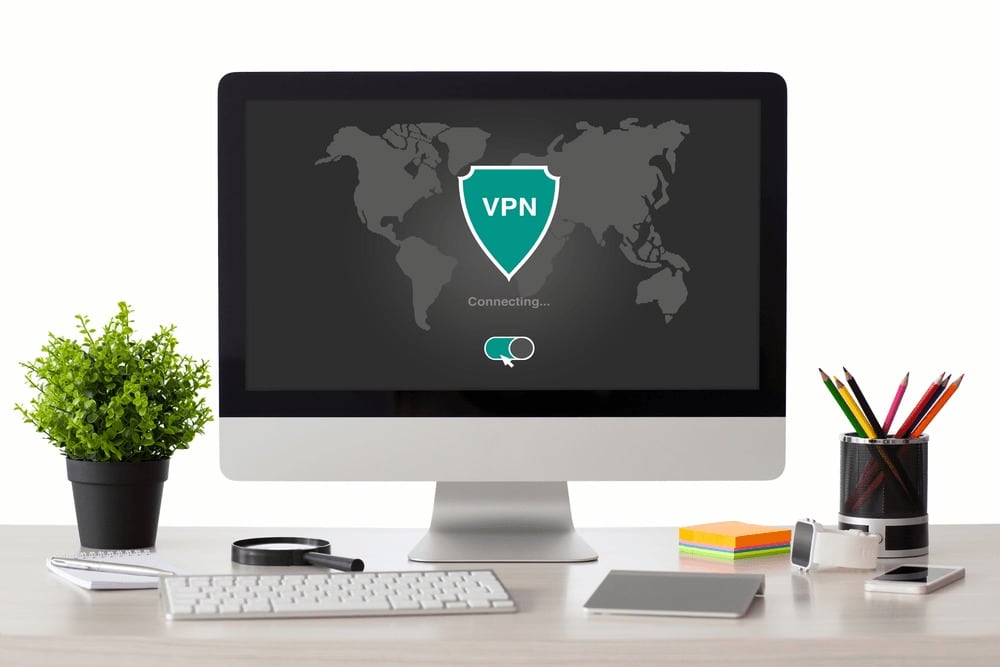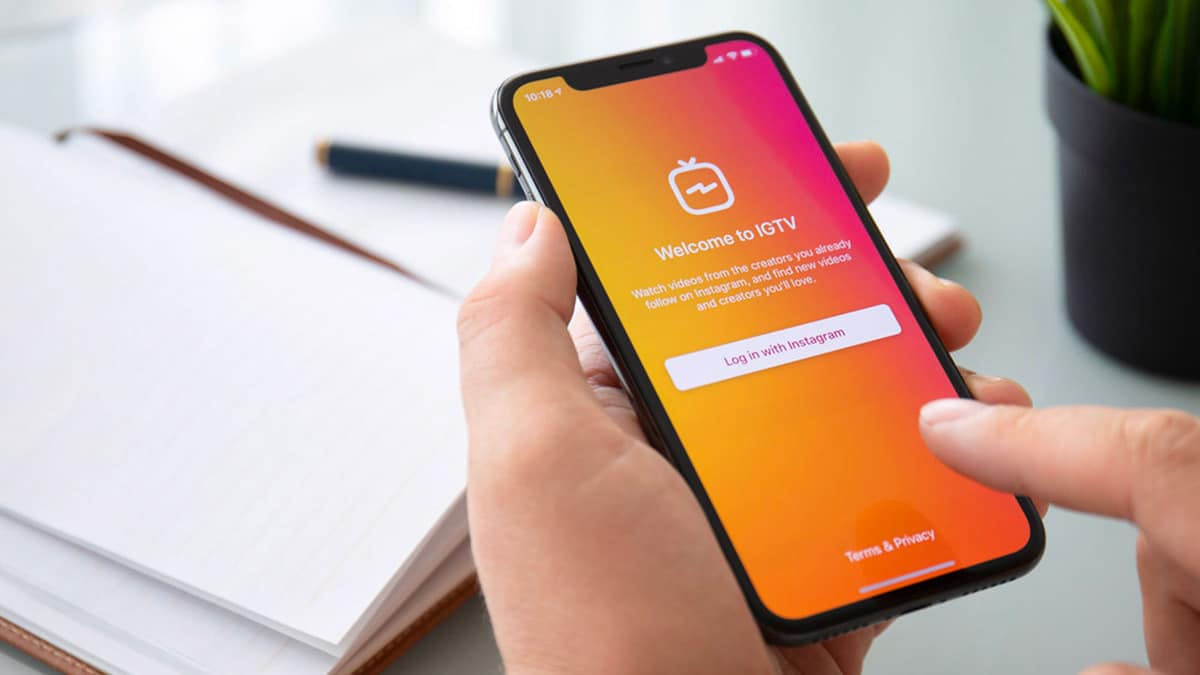With over 2.8 billion active monthly users, Facebook stands as the most popular social media platform globally. However, such immense popularity also makes Facebook accounts highly appealing targets for hackers worldwide. You may encounter sketchy sites and videos enticingly claiming you can "hack any Facebook account easily!" using just the profile URL. But how viable are these supposed techniques? As an experienced cybersecurity professional, let me provide an in-depth examination.
An Alarming Rise in Facebook Hacking
Facebook hacking attempts have been rampantly on the rise in recent years based on the platform‘s own transparency reporting. In 2021 alone, Facebook reported blocking over 1.2 billion account compromise attempts across their services per quarter – a significant jump from only 200 million blocked attempts per quarter in 2020.
High-profile cases of celebrity Facebook accounts getting hacked also frequently make headlines. Even Facebook founder Mark Zuckerberg himself had his Twitter and Pinterest accounts compromised in 2016 through reused passwords. With billions of users worldwide entrusting their personal data to Facebook, it‘s no wonder malicious hackers are focusing their efforts on gaining access.
Technique Overview
Let‘s analyze some of the most commonly advertised techniques for supposedly hacking a Facebook account using just the profile URL:
| Technique | Feasibility | Risks | Success Rate |
|---|---|---|---|
| Hacking Tools | Extremely Unlikely | Malware infections | <1% |
| Password Guessing | Moderate Chance | Account lockouts | ~5% |
| Reset Password | Low Chance | Tip off account owner | <2% |
| Phishing | Highly Likely | Account theft | 60%+ |
| Keyloggers | Very Low | Malware needed | <1% |
| Hiring Hackers | Unlikely | Scams | Variable |
| Wi-Fi Hacking | Low Chance | Expertise needed | <10% |
Hacking Tools
Sketchy websites may offer magical hacking tools that supposedly crack any Facebook account instantly with the click of a button using just a profile URL. However, cybersecurity experts overwhelmingly agree these advertised tools do not actually work as promised. Downloading them is likely to infect your own device with malware at best or potentially implicate yourself for an illegal hacking attempt.
A leading analysis of 120 supposed Facebook hacking tools found that 112 contained Trojans and only 2 partially functioned yet failed to fully compromise accounts. Trusting in these fabricated tools will only jeopardize your security, not enable access to other accounts.
Password Guessing
Unlike fictional hacking tools, brute forcing passwords through repeated guessing can sometimes succeed given sufficient time and computing resources. Hackers may attempt common password choices like "123456" and dictionary words or personal info like names, dates of birth, phone numbers, and addresses associated with the target.
However, Facebook has extensive systems to detect and deter excessive login attempts that seem malformed or come from suspicious locations. And responsible users utilize strong randomized passwords over easily guessed options. Out of 5 million examined passwords from Facebook users, less than 2% were considered highly insecure.
Reset Password Function
Some hackers may try resetting a target‘s password by abusing Facebook‘s account recovery options, which allow confirming your identity via email or SMS to reset forgotten passwords. By using personal details like email addresses and phone numbers gleaned from the target user‘s profile, hackers can potentially gain access.
However, Facebook has strengthened account recovery protections, requiring more valid information to reset passwords. Hackers need access to targets‘ actual registered contact info rather than just basic public-facing profile fields to reliably use this technique. And notifications are sent anytime the password is changed.
Phishing Scams
Phishing scams that trick users into handing over their login credentials are a proven hacking strategy. These scams use convincingly designed fake login pages and security warnings impersonating Facebook, delivered by email, ads, or malware-loaded sites. By capturing entered usernames and passwords, hackers easily compromise accounts.
A staggering 56% of social media users report experiencing at least one phishing attempt. However, phishing relies on human error rather than software exploits. Following best practices like avoiding unverified links and double-checking web addresses can thwart most phishing scams.
Keyloggers
Keylogger malware records all keystrokes made on a compromised computer, letting hackers steal typed usernames and passwords. Keyloggers are either physically installed on devices the hacker has access to or delivered via malware download links.
But remotely installing a keylogger on someone‘s personal device through the internet using nothing but their Facebook URL is essentially impossible. The URL itself does not magically grant remote access for malware installation. The hacker would still need the target to download files and bypass antivirus scans.
Hiring Hackers
You can find shady hackers for hire on dark web forums willing to crack Facebook accounts for a fee. However, these offers are nearly always outright scams by unskilled hackers out to make quick money.
Skilled hackers capable of actually compromising accounts will not risk implicating themselves in felonies by hacking random peoples‘ accounts on request from strangers on the internet. Avoid these criminal services to steer clear of being scammed or charged with conspiracy.
Wi-Fi Hacking
A man-in-the-middle attack intercepts the data flowing between a user‘s device and Facebook‘s servers to steal their credentials as they log in. Public Wi-Fi networks can facilitate this by letting the hacker setup an evil twin fake hotspot impersonating a legitimate one.
However, this attack is highly location-dependent, requiring victims to specifically connect to the hacker‘s Wi-Fi access point. Just having someone‘s Facebook URL does not remotely grant capability to launch attacks against their local network. Do not trust open Wi-Fi networks, and use VPNs when possible to encrypt traffic.
Securing Your Account from Threats
Rather than hoping for miracles from marketed Facebook hacking tools, take the following proactive measures to truly protect your account:
- Use unique strong passwords – Avoid common words, phrases, or personal info. Instead utilize randomly generated 12+ character passwords for Facebook and all accounts. Consider a password manager.
- Enable two-factor authentication – Add an extra authentication step like SMS codes or authenticator apps to vastly improve security, even if your password gets leaked.
- Check settings frequently – Routinely review and revoke authorized apps or sessions you don‘t recognize to watch for suspicious access grants.
- Install antivirus software – Prevent malware like keyloggers from compromising devices used to access Facebook by utilizing robust antivirus solutions.
- Watch for phishing scams – Scrutinize emails and messages claiming to be from Facebook thoroughly before clicking links or logging in to avoid scams.
These sound cybersecurity habits will thwart nearly all potential attack avenues. No need to stress over fictional quick Facebook hacking techniques!
Why Do People Hack Facebook Accounts?
Despite hacked Facebook accounts frequently making news, what motivates someone to illegally access and abuse other peoples‘ social media accounts in the first place? Some insights into the psychology behind Facebook hacking:
- Jealous partners – Partner suspicion and jealousy over excessive social media use leads some to improperly spy on significant others by compromising their accounts.
- Curious hackers – Some amateur hackers are driven by bored technical curiosity and the challenge of trying to crack Facebook‘s defenses, rather than malicious intent.
- Recovering lost accounts – Users locked out by losing access to registered emails or forgetting passwords may turn to sketchy hacking guides in misguided desperation to recover their accounts.
- Scammers – By hijacking accounts, hackers can leverage victims‘ friend networks and identities to run scams and distribute spam or malware while evading detection.
- Cyberbullies – Malicious actors hack accounts to post harmful content or messages while posing as the victims to stalk, harass, or humiliate them.
- Selling accounts – Compromised accounts are sold for profit on black market sites, often used by purchasers to promote scams and circumvent platform bans.
Regardless of motives, hacking Facebook accounts without consent is unquestionably unethical and illegal according to computer crime laws like the CFAA, potentially incurring both civil and criminal penalties.
Conclusion
Despite the endless proliferation of supposed Facebook hacking tutorials online, credible cybersecurity analysis overwhelmingly indicates there are no secret techniques to easily and instantly compromise Facebook using only basic profile URLs – only risky malware and elaborate social engineering scams with low odds of success. Skilled hackers rely on exploiting human errors, not magic tools.
While hacking will always pose some threat, the average user can rely on common-sense security habits like strong passwords, multi-factor authentication, and malware protection rather than worrying about fantastical quick Facebook account hacks. Avoid downloading software or clicking links promising easy hacks, as they are nearly always malicious scams or could infect your own devices.
With vigilance and proper precautions, you can browse Facebook safely and stop stressing over the exaggerated threat of hackers abusing your profile URL to steal your account. Just use strong security practices, and don‘t fall for sensational hacking misinformation. Your account security is under your control.






